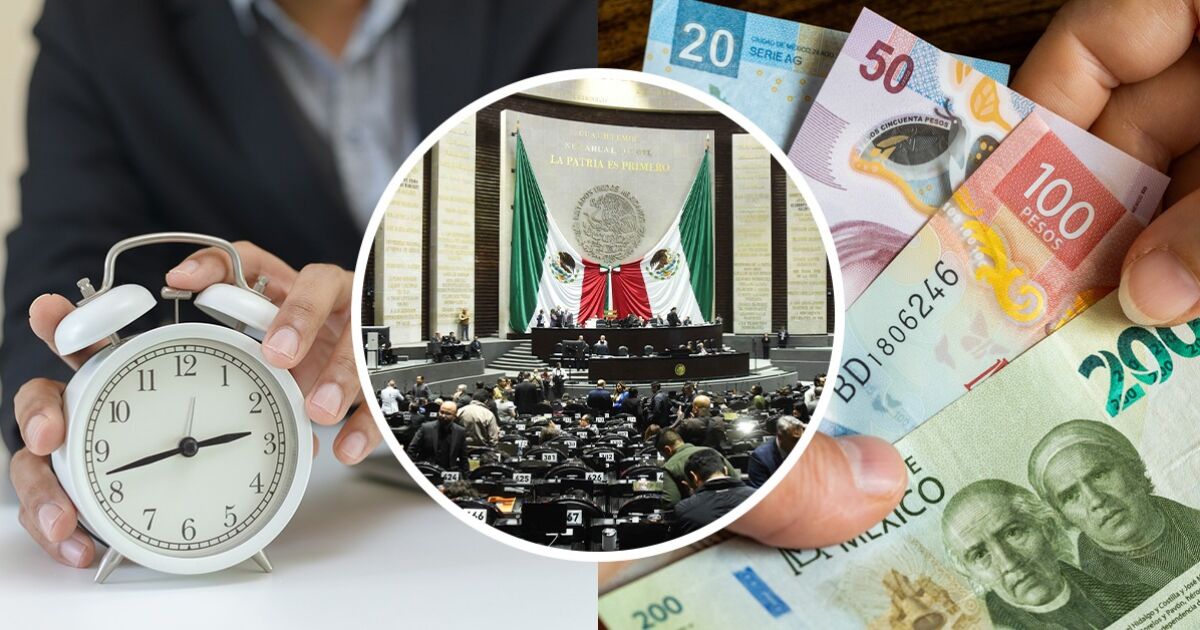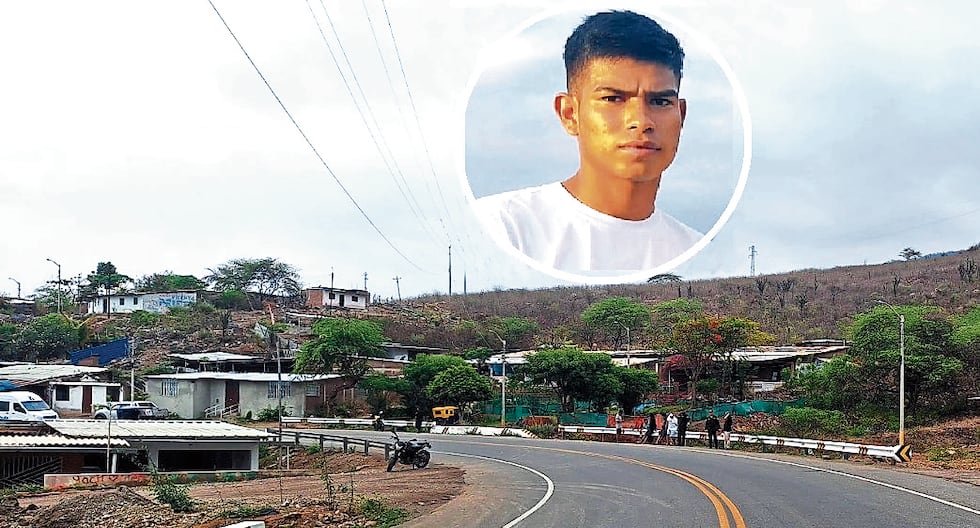The labor reform that is coming
A labor reform could be finalized in January, this is contained in the package of changes in socially oriented housing, where in addition to modifications to the Law of the Institute of the National Housing Fund for Workers, President Claudia Sheinbaum also proposed modifications to the Federal Labor Law.
“It will be a labor reform” due to the nature of the changes, anticipated the coordinator of the federal deputies of Morena, Ricardo Monreal.
These consist of standardizing possible changes regarding Infonavit with the framework that regulates workers, to establish, for example, that These must authorize any request for credit or property rental. and that the rents must be deducted from the employees’ salaries but they must authorize it.
Possible changes in work matters
In the first regular period of sessions, held from September to December 12, deputies and senators presented various initiatives to modify the labor framework.
And although so far neither deputies from the official nor the opposition sector have presented any comprehensive proposal for changes, the update to the Federal Law of Workers in the Service of the State, regulating Section B of Article 123 of the Constitution, is expected next year. .
At the proposal of individual deputies, other reforms could also prosper, including:
Changes to articles 140 Bis of the Social Security Law and 37 Bis of the Law of the Institute of Security and Social Services of State Workers, regarding leave to care for sons or daughters with cancer, proposed by representative Eunice Abigail Mendoza Ramírez, from Morena.
Through the changes, the legislator seeks to ensure that both workers, family members or other dependents can have licenses for medical care of minors under 16 years of age diagnosed with cancer.
There is also, on an individual basis, a proposal for changes to the Federal Labor Law presented by deputy Pedro Haces, from Morena, and a labor leader, to establish that workers who currently depend solely on tips, such as waiters, gasoline dispensers, valet parking and gas delivery drivers, among others, can receive a base salary.
With that base salary they will be guaranteed social security and other labor benefits, according to the deputy.
Another Moreno proposal is from deputy Eduardo Castillo, who proposed modifications to article 537 of the Federal Labor Law so that beneficiaries of the program Young People Building the Future have recognition in the National Employment System, for the priority of a first job.
It was also proposed, in this case by deputy Alejandro Carvajal Hidalgo, to reform article 191 of the Social Security Law, to prevent fraud on future pensions. The proposal is that the unemployment withdrawal is based on the average salary of the last 250 weeks of contributions, instead of only considering the salary of the last month. Besides, limits access to unemployment retirement to individual accounts that have been open for more than five years.
The opposition has also made proposals. PRI member Marcela Guerra presented an initiative to reform article 15 of the General Law of Higher Education, so that recognize Social Service as work experience.
And one more proposal, also from the Parliamentary Group of the Institutional Revolutionary (PRI) through deputy Jericó Abramo Masso, was presented to change article 123 section A Section VI regarding minimum wages.
The objective is that the pension and retirement payments of all workers in the service of the state are made based on the current minimum wage and not on the Unit of Measurement and Update (UMA).
According to the legislator, without this change, nearly one million workers in the service of the state are losing purchasing power, on the order of “50,000 pesos a year for each minimum retirement salary they have.”















